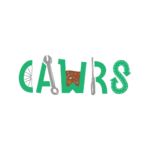CAWRS Approach
CAWRS tackles waste reduction and sustainability through a positive and collaborative approach, recognising local strengths and challenges and working with the community towards a more circular economy.

Building Community
Creating local social connections is at the heart of what we do and who we are.
CAWRS brings together many different community-driven groups at the neighbourhood level while simultaneously weaving other common threads spanning across Melbourne’s south eastern regions.

Celebrating Diversity
A determining factor to our success on this journey of encouraging more recycling and upcycling is largely based on cultural relatability. How, in each of our cultures, we associate ourselves (*identify) as being part of the solution towards reducing the need for landfills (**), and the social, economical, environmental benefits which follow as a result.
At CAWRS, we believe that everyone has their own way of expressing what waste reduction means for them, and we are here to celebrate all of it.

Changing Habits
This initiative challenges the common narrative of what to do with materials once we have used them. It is unfortunate (*) how easy it is to discard something that we no longer have a use for, simply by throwing it in the bin.
At the consumer level, this action seems to bear no consequence.
CAWRS challenges this idea, and encourages that we rethink our perception of waste and its worth.
For example, by suggesting to eaters to collect their food scraps to be composted at a local community garden, we are enabling the transformation of a ‘waste’ product to become an invaluable ingredient for improving soil health and soil fertility: compost.
Compost improves soil structure, increases water retention, and provides food for the worms and all the microorganisms which help make soil what it is – one of the most important elements in a healthy ecosystem.

Sharing Skills
No one is born with the necessary skills to manage their resources and waste sustainably.
A lot of these skills are passed from an early age by our family members, others are learned in school or in community spaces.
Unfortunately, as our society developed to become very disconnected from the consequences of our consumption and discarting practices, a lot of this knowledge is being lost.
Spreading simple skills like repairing, sewing, cooking without waste or composting is essential if we want to transition to a more sustainable economy.
CAWRS supports skill sharing through all of our campaigns – from community and school workshops, to repair cafes and audiovisual content in ten different languages.
Most importantly, we aim to promote the knowledge that comes from within the community, sharing the experiences of our neighbours that are already living more sustainable practices.

Building Community
The idea of waste only exists in a linear economy, where resources are extracted, consumed, and then discarded. While recycling can offer a second or third life to some materials, our options are still very limited in the long-term.
Plastic, for example, is often only recycled a couple of times, and coloured plastic will eventually become too dark for most applications.
That’s why our approach to long-term sustainability has to involve closing the loop.
To close the loop is to shift our mindset from a linear to a circular economy.
By understanding that our natural resources are finite and there is no “away” on our planet, we can start to be more mindful of what and how we consume, and think of effective strategies to extend the lifecycle of our “things”.

Collective Impact
Collective Impact is a collaboration framework that engages across sectors and groups who share a common interest to address a complex social issue.
Collaboration is CAWRS’ most important pillars to our present and future success.
We’re working with and closely supporting over 20 organisations, people and community groups from community gardens, to schools, to neighbourhood houses as well as DIY’ers and passionate business leaders.
We share the same goal: to work towards diverting and recovering resources such as food waste, recyclables and household items – which would otherwise be discarded via hard rubbish piles on nature strips.


